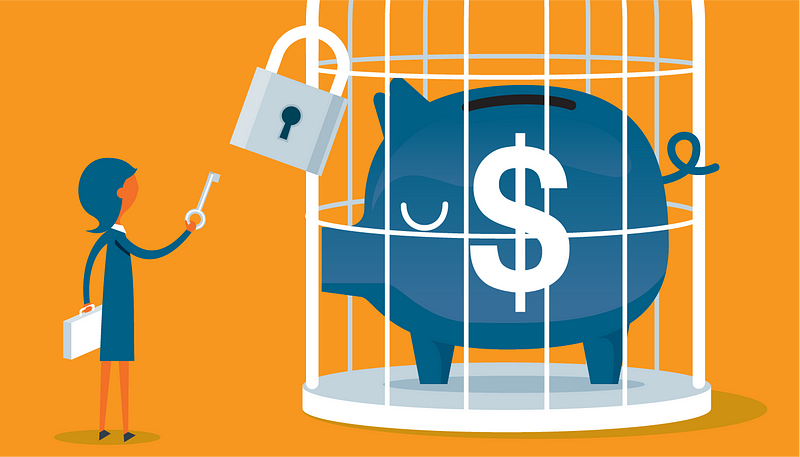Let Consumers, Not Banks, Control Their Personal Financial Data
The result? Better terms from banks and insurers.
Based on the research of Cesare Fracassi

In the online world where hackers and cyberthieves lurk, consumers are warned to guard their financial information like it’s a cash-filled Brink’s truck roaming a sketchy neighborhood. But new research from Texas McCombs suggests that keeping data private isn’t always the best route.
Consumers should instead be in the driver’s seat, directing which data to withhold and which to share, according to Cesare Fracassi, Texas McCombs associate professor of finance.
“Consumers should own their data and need to be in control of it,” says Fracassi, co-author of the paper with William Magnuson of Texas A&M University School of Law in Fort Worth.
Their paper bucks a trend in the movement toward greater privacy, which often puts hurdles in front of data sharing. The article says banks and other companies control customers’ information, partly to protect it but also to avoid competition. If consumers could easily share their data to save money or get a better service, they would be the beneficiaries.
“Banks don’t like this,” says Fracassi.
Shopping Around
Nor do other data gatekeepers. For example, Fracassi says he wanted to reduce his car insurance premiums and called a competitor of his insurer known for touting low rates. But after an hourlong call with a representative, Fracassi learned the competitor’s price was higher than what he pays now. That doesn’t necessarily mean he already has the best deal, but who has hours — or days — to find out?
“My ideal product would be a robot that scans all of the offers, finds the one best for me, cancels my old car insurance, and opens an account with a new insurance company.” — Cesare Fracassi
A robot or a human would have trouble doing that now. Banks and financial companies have built information technology systems that wall off financial data into silos. “Banks can hold up consumers with unfavorable rates and inferior products as a result, and a set of market failures make it difficult for consumers to opt out,” the authors write.
‘Divorce More Likely’
Say you need a bank loan and have to show a steady income stream. Unless you get the loan from your current bank, you’d have a tough time transferring your transaction data to another lender. Like most people, you’d stick with your current bank.
“There is an old saying in the industry that it’s more likely that you would get a divorce than change your bank.” — Cesare Fracassi
Financial institutions aim to preserve the marriage. “Forcing banks to share data with companies that are potentially competitors creates a threat to the business models of financial institutions,” the article says. Financial technology companies “could erode profit margins by alerting customers to better investments elsewhere or taking control over more financial transactions, otherwise reliable profit centers for banks. Financial institutions might need to find new ways to generate revenue, or they might become less profitable.”
U.S. Slow to Change
Fracassi said the United States is “very, very slowly” starting to change but lags behind other countries, including the U.K., Australia, and European Union nations. He believes change in the United States will accelerate when members of Congress or regulatory entities such as the Consumer Financial Protection Bureau push for it.
“Open banking” rules elsewhere support data autonomy, which means restoring the individual’s right to choose which data to keep secure and which to make accessible and sharable.
“Indeed, one of the core goals of financial regulation is to encourage, and in some cases require, the disclosure of useful information in order to make markets fairer and more efficient,” the authors write. “Data sharing, thus, is a tremendously powerful tool for social good.”
Some consumers, however, are wary of data sharing because of well-publicized data breaches that have exposed the private information of billions of consumers around the world.
People concerned about data security can choose not to share their financial information. “I want people to have the option to share their data if they want to,” Fracassi says. “Right now, they don’t have that option.”
“Data Autonomy” appears in the Vanderbilt Law Review.
Story by Mary Ann Roser


